A Filmmaker's Guide to: “Psycho” (1960)
An Appreciation of Cinema (Pt.6)
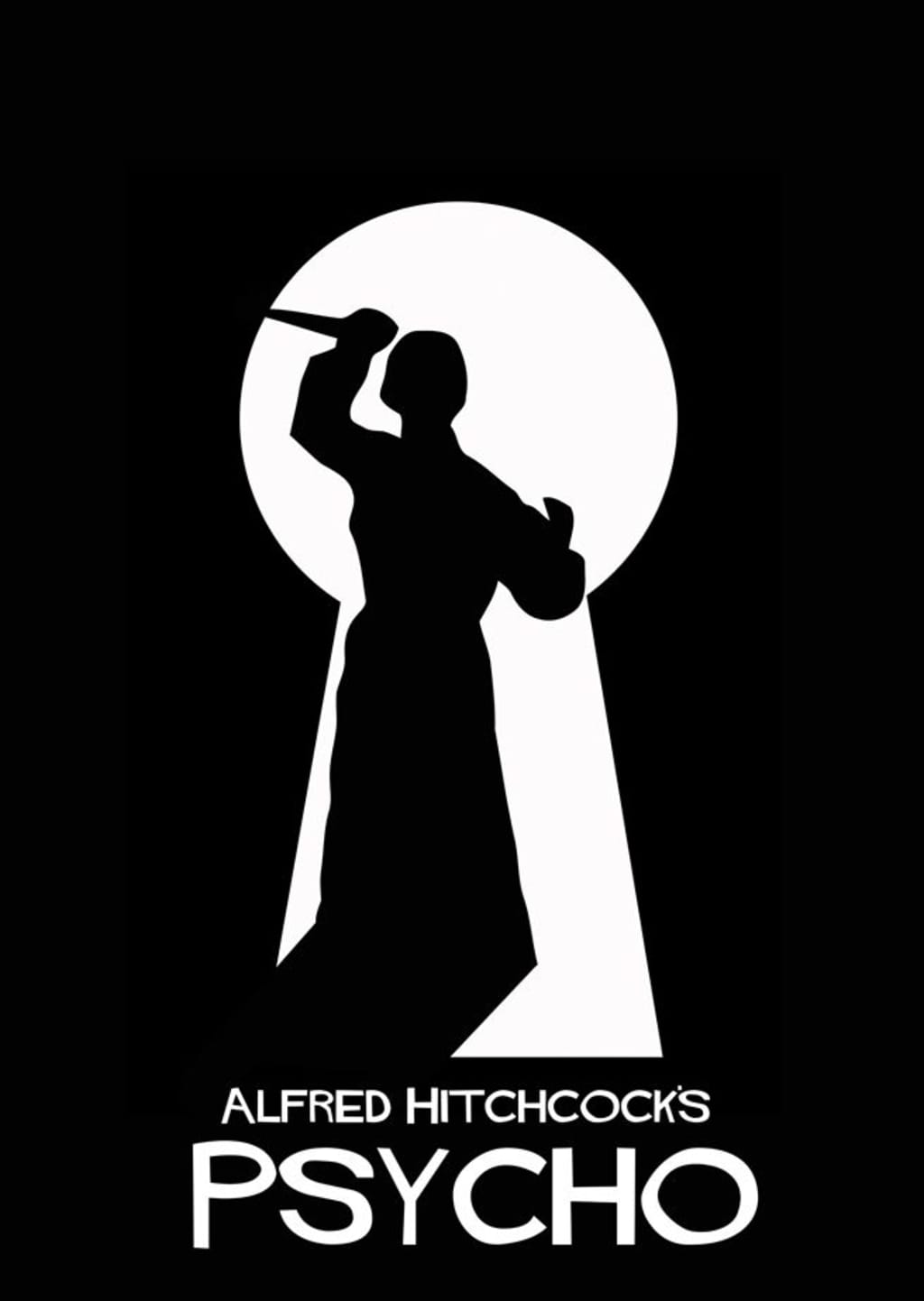
In this chapter of ‘the filmmaker’s guide’ we are going to explore some of the films that have changed our outlook of the possibilities in cinema in some way, shape or form. These can include, but are not limited to: revolutionary cinematography, narratives that challenge the social structure and the common view, trademark styles of auter cinema, brilliant adaptations of novels and other works, films of philosophical value and films that touch our hearts and souls with their incredible underlying messages and morals. Within each of the films in this chapter there is a certain something that makes them special and a certain something that makes them linger long after we have watched them for the first time. Lasting impressions are difficult to create, but I think that the films we will briefly touch on in this chapter are some of the films we will never ever forget.
“Psycho” (1960) dir. by Alfred Hitchcock
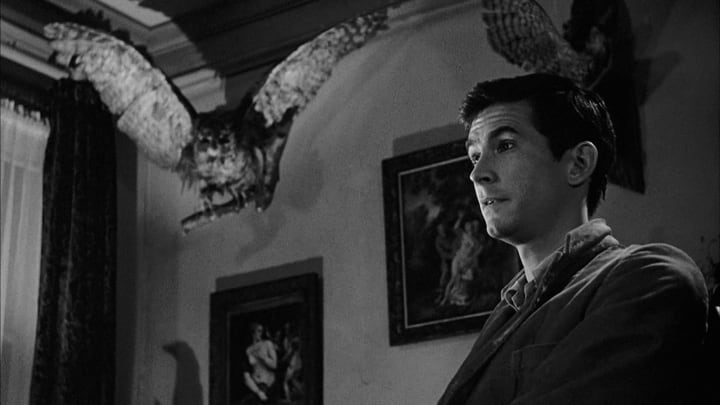
One of the most influential horror films of all time by one of the most beloved directors in cinematic history, “Psycho” (1960) quickly became not only the most famous film of its year but also won the praise required to push each of the main cast members into stardom, including incredible leading man Anthony Perkins. His portrayal of Norman Bates can still terrify people even today. Based around the book by Robert Bloch which was in turn written about the murderer Ed Gein, this film is about a man who has serious mother issues and definite mental disorders. As he tries to conceal both of these things, he begins ripping at the seams. Ultimately, his time runs out when a woman called Marion Crane goes missing at his infamous Bates Motel. An amazing and simplistic storyline, yet with so many complexities to the story itself, it holds great performances as its main source of entertainment. The performance given by Janet Leigh in the role of Marion Crane is something of legend. A conflicted woman who dares to steal, takes the cash and runs only to run into the chillingly shy Norman Bates at his motel. She is a thief who becomes a victim who then we sympathise with. In Alfred Hitchcock’s classic method of getting the criminal to look straight ahead of the camera, we can definitely see that Norman Bates is not the only person breaking the law. It follows the stare-conscious method Kim Novak was made to use in the split-personality of “Vertigo” (1958). The stiffness and hyper-activity of the female character would follow performances like Grace Kelly in “Rear Window” (1954), “To Catch a Thief” (1955) and “Dial M for Murder” (1954). Obviously though, the character of Marion Crane is far more relative to Kim Novak in “Vertigo” (1958) through her rigid anxiety, her almost quickened heartbeat-type walk and the way in which she finds relaxation when the audience are beginning to see that she is in extreme danger through the slight change in the atmosphere.
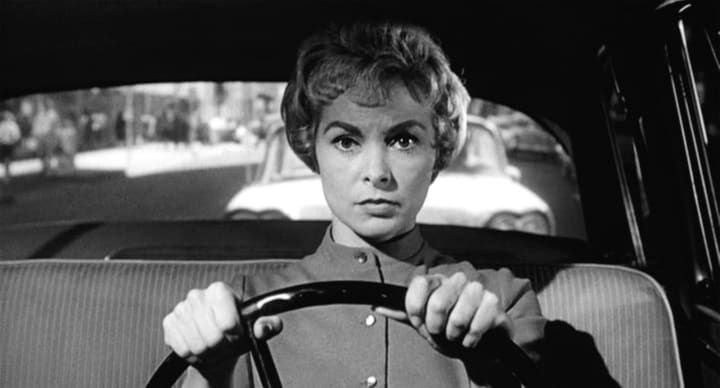
Alfred Hitchcock was the ultimate creator of the strange and twisted female character, whether they were good or bad in the film it did not matter, they always had something incredible odd about them that did not quite match the regularity of the female type especially in the 50s. This, I believe, makes him a better director of his time than most. However, it is not only the female character, but the juxtaposition between male and female that he makes, this irony of romance through violence and therefore, the death of one of the characters becomes one of the climactic points of the film where the audience’s opinions about everyone will unanimously change.
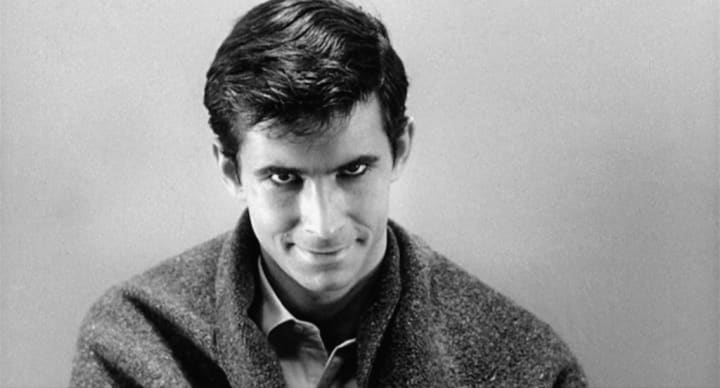
Released in the USA on the 8th of September, 1960, this film was not only going to shock the entire world, but it would probably do that for the next sixty years as well. Even today, “Psycho” (1960) is considered one of Alfred Hitchcock’s best attempts to show us what a life of seclusion and delusion can lead to. It is also one of his greatest attempts to base his films on a book inspired by real-life events and for that, I think we can all appreciate the fact that Hitchcock did his very best to show us the turbulence of the situation without mass jump scare, but with something he knew too well - suspense.
"It's sad when a mother has to speak the words that condemn her own son, but I couldn't allow them to believe that I would commit murder. They'll put him away now as I should have years ago. He was always bad, and in the end he intended to tell them I killed those girls, and that man, as if I could do anything, except just sit and stare, like one of his stuffed birds. Oh, they know I can't even move a finger and I won't. I'll just sit here and be quiet just in case they do.... suspect me. They're probably watching me. Well, let them. Let them see what kind of a person I am. I'm not even going to swat that fly. I hope they are watching. They'll see. They'll see and they'll know, and they'll say, "Why, she wouldn't even harm a fly."
- 'Mother' [V.O], 'Psycho' (1960)
About the Creator
Annie Kapur
200K+ Reads on Vocal.
English Lecturer
🎓Literature & Writing (B.A)
🎓Film & Writing (M.A)
🎓Secondary English Education (PgDipEd) (QTS)
📍Birmingham, UK


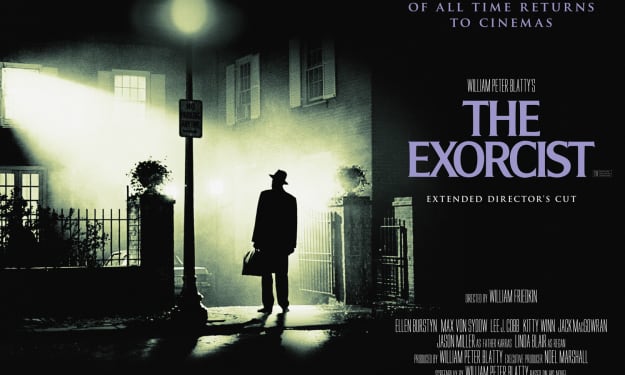



Comments
There are no comments for this story
Be the first to respond and start the conversation.